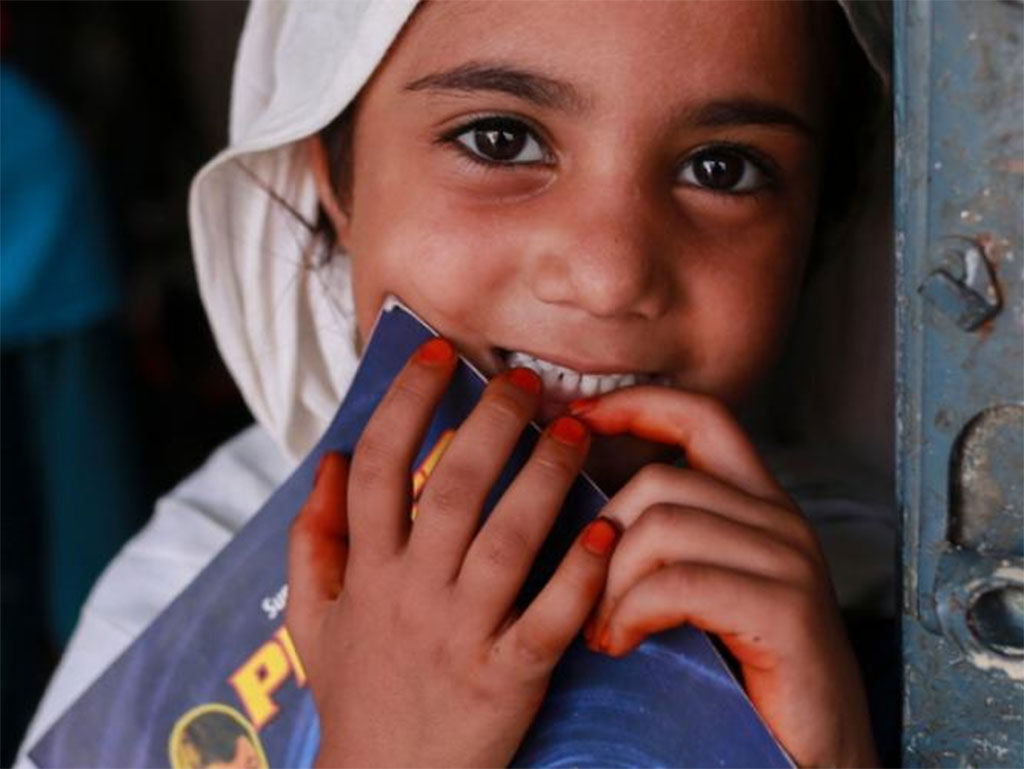
United Nations, March 15.- The promotion of inclusion, tolerance and mutual understanding calls today to celebrate the World Day to Fight Islamophobia, established by the United Nations to counteract myths and misconceptions in this regard.
The he international date, celebrated for the first time in 2021, was promoted by the 60 members of the Organization of Islamic Cooperation within the UN General Assembly.
The resolution approved for the day recognizes that terrorism and violent extremism cannot and should not be associated with any religion, nationality, civilization or ethnic group.
On the contrary, the General Assembly called for a global dialogue to promote a culture of tolerance and peace, based on respect for human rights and the diversity of religions and beliefs.
In the view of UN Secretary General António Guterres, anti-Muslim intolerance is part of a broader trend of resurgence of ethno-nationalism, neo-Nazism, stigmatization and hate speech against vulnerable populations, such as Muslims, Jews and some minority Christian communities, among other.
Along these same lines, a recent report by the UN special rapporteur on freedom of religion or belief considers that suspicion, discrimination and blatant hatred towards Muslims reach alarming levels.
Following the terrorist attacks of September 11, 2001 and other horrific acts of terrorism allegedly perpetrated in the name of Islam, institutionalized distrust against Muslims and those perceived as such has grown to epidemic proportions, the agency acknowledges. .
Several states and regional and international organizations have responded to security dangers by adopting measures that disproportionately affect Muslims and define them as high risk and susceptible to radicalization.
According to the UN, widespread negative representations of Islam, and negative and harmful stereotypes that present its beliefs and culture as a threat, have served to perpetuate, validate and normalize discrimination, hostility and violence against individuals and communities.
As a result, Muslims often suffer discrimination in access to goods and services, in seeking employment and in education, especially in nations where they are a minority.
In some states they are denied citizenship or legal immigrant status due to xenophobic perceptions that they pose threats to national security and terrorism while Muslim women are disproportionately targeted by hate crimes. (Text and photo: PL)